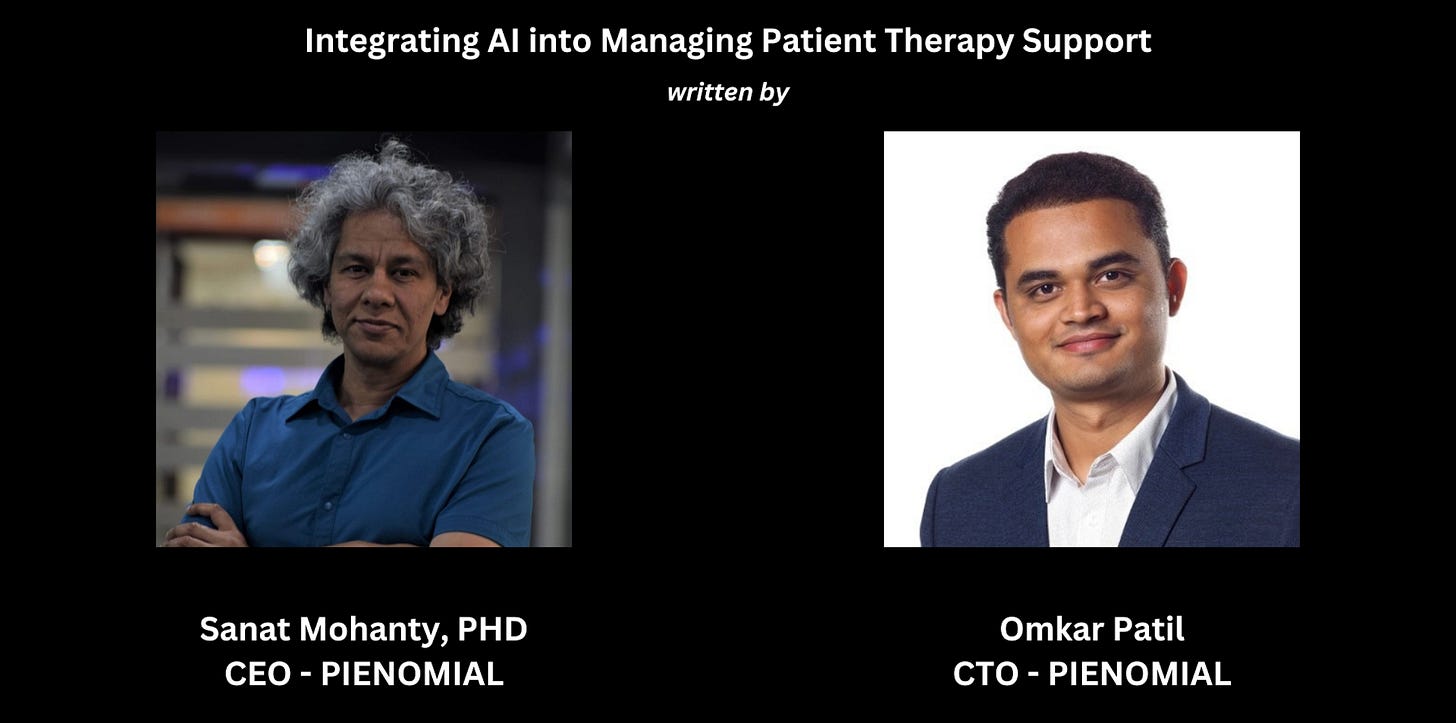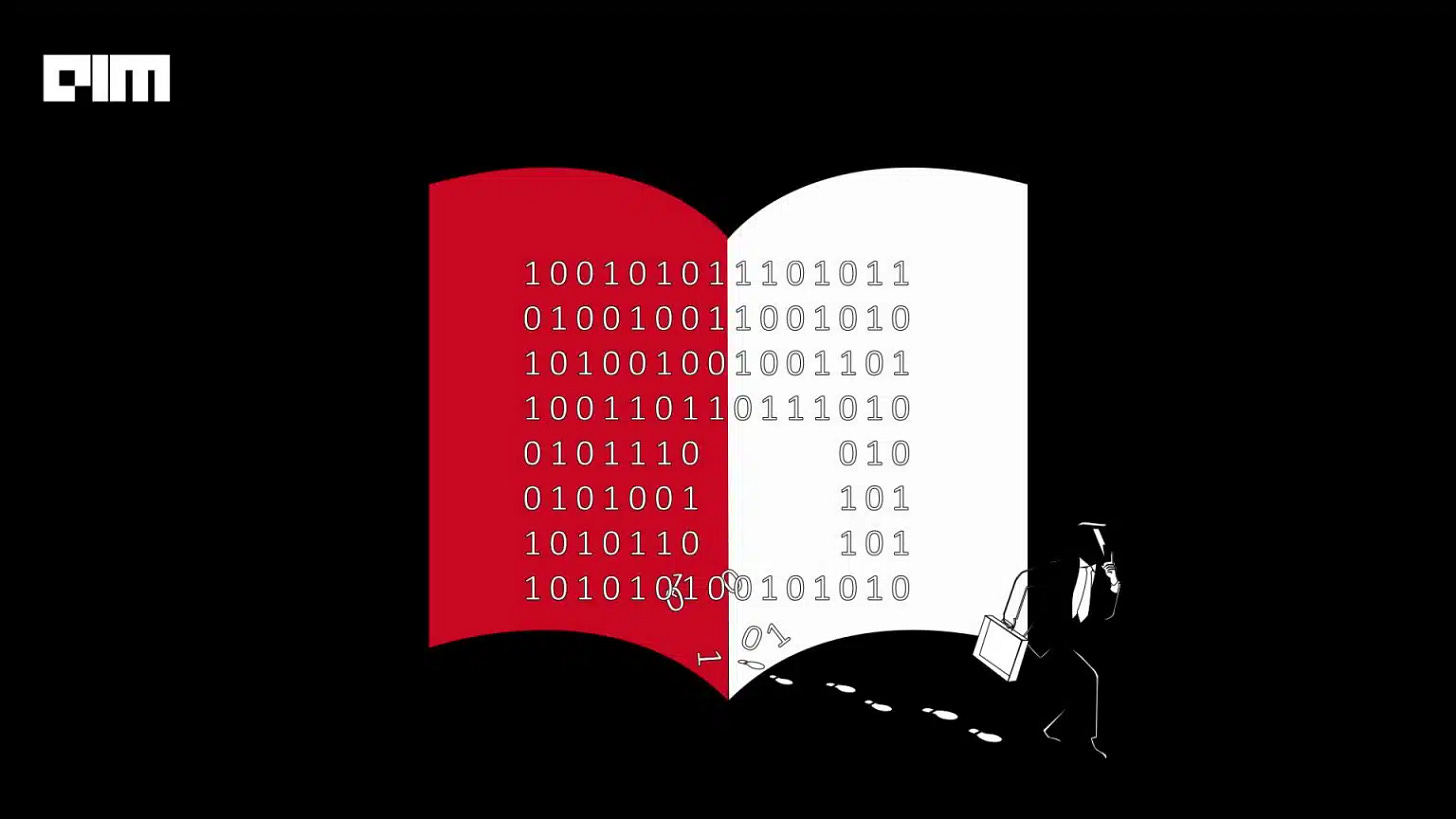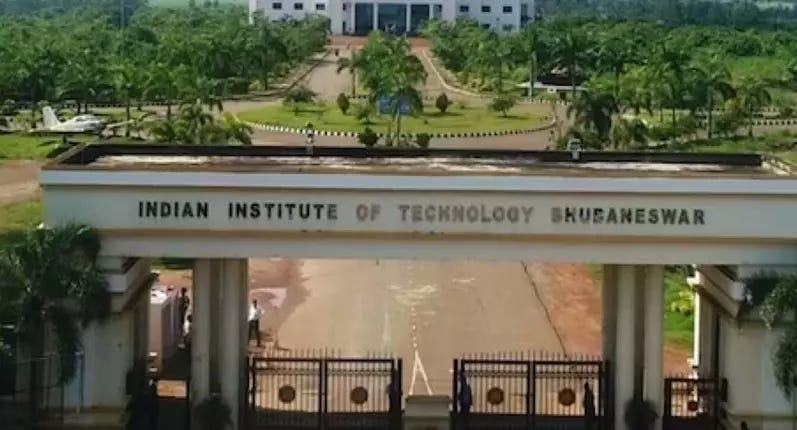Empowering India with AI: India based AI Developments across Multiple Sectors - Healthcare, Railways, Cybersecurity, Judiciary, Weather Forecasting and More
The AI4India Weekly #13
We're excited to bring you the 13th edition of AI4India Weekly!
This week, we delve into a vibrant array of India-centric AI initiatives making waves across various sectors. From enhancing healthcare with AI-driven therapy support to combating malnutrition in rural Bihar, and from boosting cybersecurity measures to integrating AI in the judiciary, this edition covers it all. We also explore AI's role in precise weather forecasting in Northeast India, advancing facial recognition technology in railways, and building trust in AI models through innovative methods. Finally, we look at how and why India should propel its Generative AI research and development to new heights.
We also introduce a new section which highlights major AI investments from the week across the country and the world.
Integrating AI into Managing Patient Therapy Support
The medical world has increasing evidence that the effectiveness of therapies depends on genetic contributions and patient history. For example, multiple studies show that the efficacy of the therapy for Crohn’s Disease (an autoimmune disorder) is impacted by the patient’s history. Multiple cancer therapies point to the impacts on the efficacy due to factors like race as well as genetic mutations. In some cases like cancer, the less effective therapy results in worsening conditions driven by the progression of the disease as well as the possibility of higher adverse reactions.
The next generation of products in the biopharma sphere will be personalized. It is common knowledge that multiple drugs in the pipeline targeting rare diseases, cancers and auto-immune diseases are based on omics-driven personalized medicine. This approach can be targeted, reduce cost to development and be specific - but it needs patient data. It will also ensure that the right therapeutic journey is provided to patients thereby improving outcomes and reducing the cost of care - not just in cancers but in numerous chronic diseases. The NHS in the UK is already supporting biotech organizations and there are proposals to make it broadly available through public-private partnerships.
However, in many cases, the distribution of mutations relevant to a disease used for drug development in the West does not always capture variants specific to the Indian demographic. They often miss mutations and hence the effectiveness of therapy relevant to the Indian population or the sub-populations.
In addition, drug reimbursement agencies are increasingly tracking quality of life and impact on the economic burden of diseases on patients - and how therapy makes a difference. Given India’s demographics and the disease’s effect on patient livelihoods the above parameters are important. Patients often stop or pause therapy owing to the clinical burden as well. Increasingly, therapeutic strategies need to account for these. According to the requirements of HTA agencies in Europe, including these criteria is recommended when assessing therapeutic choices and standards of care. These will become more personalized - hence a part of the decision-making criteria.
There is a large opportunity for improved therapy, lowered cost of care, and reduced economic burden for patients through the choice of therapies. The problem is complex, though, with data on different facets of the patient journey (where it exists) available in silos. Aggregating data across comorbidities, patient histories (as patients move), clinical reports, drugs and compliance, quality of life/state of health assessments, and prescribed therapies is hard. Some solutions aggregating these data sets exist, however, they need to be made accessible while protecting privacy. In addition, these need to be tied to globally published patient outcomes to assess the India-specific variations.
This could provide training data for models that can:
Help identify therapies that have the least likelihood of working, as well as point to those that have higher probability of success based on patient history and profile. These would be advisory tools for physicians.
Help build India specific standard of care for these diseases
Support development of personalized drugs for the Indian population
In addition, these models can also help assess fraud in claims based on patient history, documented therapeutic journeys and outcomes. The leakage of public funds in government-supported programs impacts the viability of these programs and their sustainability and effectiveness. Fraud detection should account for variability in outcomes, patient journeys, differences in patient subpopulations and experts’ advice. Accounting for such variability, these models can provide screening and flagging mechanisms to support fraud detection, beyond the support of standard of care.
Pienomial, and its India subsidiary, Wynum, have taken some key steps in addressing the technology development needed in aggregating multiple-structured data sources, continuous learning of global standards of care, clinical efficacy, and outcomes. While we continue providing these solutions to global pharma clients, we are actively looking to build partnerships in India to support India-centric solutions.
AI-Powered Malnutrition Detection in Rural Bihar by IIITH
The International Institute of Information Technology, Hyderabad (IIITH) has developed an AI-driven tool to enhance malnutrition detection in rural Bihar. This innovative solution uses smartphone-based imaging to automatically assess children's height and weight, addressing inaccuracies in manual measurements at Anganwadi centers. The tool, part of a broader initiative by the Raj Reddy Center for Technology and Society, aims to improve data quality and reduce malnutrition-related health risks. The first phase, funded by Centific, focuses on data collection and pilot deployment.
Accelerating India’s R&D in Generative AI: Learning from Global Lessons
As the global race for AI dominance intensifies, India's position in Generative AI (GenAI) hinges on a critical factor: quality-driven research and development. Recent developments in China serve as a cautionary tale. Despite securing a high volume of AI patents, China’s approach has been criticized for prioritizing quantity over quality, resulting in a glut of low-impact innovations. This focus has hindered the country’s ability to produce groundbreaking advancements in GenAI.
For India to avoid a similar pitfall and accelerate its growth in GenAI, there must be a concentrated effort to foster R&D that prioritizes impactful, high-quality research over sheer numbers. Investing in robust R&D infrastructure, encouraging academic-industry collaborations, and nurturing talent with a focus on originality and real-world applicability will be key. By learning from global experiences, India can strengthen its position as a leader in GenAI, driving innovation that is both fast-paced and meaningful.
Lexlegis AI: India’s Legal Tech Evolution
Emerging from over 25 years of specialized legal and tax expertise, Lexlegis AI is set to revolutionize Indian law. This Mumbai-based company, a successor to Skorydov Systems, has built a powerful QnA engine trained on 10 million legal documents. Spearheaded by Saakar Yadav, Lexlegis combines deep domain knowledge with cutting-edge technology, offering a promising answer to global competitors like Harvey AI. With a bold market entry and strategic focus, Lexlegis AI is a legal tech story to watch closely.
Generative AI: The Emerging Cybersecurity Threat
Generative AI, while transformative, is emerging as a significant cybersecurity risk. Experts warn that AI-powered tools like ChatGPT can be exploited to create sophisticated malware, bypassing traditional security measures. The reliance on large language models (LLMs) for efficiency comes with the potential for increased data breaches and API vulnerabilities, posing a challenge to organizations. As hackers leverage these models to inject malicious code or extract sensitive data, the importance of robust security measures becomes paramount. The rapid adoption of generative AI, if not carefully managed, could lead to unprecedented security challenges in the coming years.
AI-Driven Facial Recognition Expands in Indian Railways
Indian Railways is set to enhance security by installing AI-powered facial recognition technology in over 38,000 coaches. Each coach will be equipped with eight 4K cameras to monitor passengers in real-time, sending facial data to a central server. This initiative, which includes technology from Herta Security and IDIS Global, raises concerns over privacy and data protection amid ongoing debates on the regulatory framework for such technologies in India.
Curiosity as the Catalyst: The Heart of AI Agency
Curiosity, often seen as a uniquely human characteristic, is becoming a crucial element in the development of AI agents. At its core, curiosity in AI represents the drive to seek out new knowledge, explore uncharted territories, and adapt to unfamiliar situations. By incorporating curiosity-driven algorithms, AI agents can navigate complex environments, learn from diverse experiences, and discover innovative solutions without explicit instructions. This intrinsic motivation enables AI to push beyond predefined boundaries and achieve levels of problem-solving and creativity that mirror human cognitive processes.
The integration of curiosity into AI systems has profound implications for their evolution and potential applications. As AI agents become more adept at self-directed learning, they can take on increasingly sophisticated tasks, from scientific discovery to creative endeavors. This shift marks a significant step toward creating truly autonomous AI that can not only perform tasks but also learn and innovate independently. The ongoing exploration of curiosity as a driving force in AI opens new possibilities for advancing the field, pushing the boundaries of what machines can achieve, and redefining the relationship between humans and intelligent systems.
Precision Forecasting: IIT Bhubaneswar’s AI-Driven Weather Technology
IIT Bhubaneswar has pioneered a hybrid technology that leverages AI to enhance the accuracy of weather forecasting. By integrating AI with traditional meteorological models, this innovative approach improves predictions for critical weather events, especially in regions prone to extreme conditions. The new system not only increases forecasting precision but also holds potential for better disaster preparedness and management, making it a significant breakthrough in weather science and technology.
Boosting Trust with the AI Thermometer Method
A breakthrough in AI transparency, the "Thermometer Method" introduces a novel approach to enhancing trust in AI models by visualizing uncertainty. This method allows users to assess the reliability of AI predictions by assigning a confidence score that’s easy to interpret—much like reading a thermometer. By translating complex data into understandable insights, it empowers users to make informed decisions. This advancement is especially crucial in sensitive sectors like healthcare and finance, where trust in AI systems is essential for ensuring accuracy, transparency, and overall dependability.
AI in the Punjab and Haryana High Court : Enhancing Judicial Efficiency
The Punjab and Haryana High Court is taking a significant step toward modernizing the judiciary by exploring the use of AI to improve court efficiency. At a recent conference, experts discussed how AI could be leveraged to reduce case backlogs, expedite legal proceedings, and enhance the accuracy of judgments. The initiative aims to integrate AI tools for better case management, data analysis, and decision support, ultimately ensuring more transparent and timely justice delivery. This move highlights the judiciary's commitment to adopting advanced technology to meet the growing demands of the legal system.
Global AI Investments
This week, AI startups have secured over $2.5 billion in funding, with seven companies leading the charge:
DevRev - Raised $100.8M in Series A, valued at $1.15B. DevRev is an AI agent platform for enterprises, integrating data from legacy systems into a real-time knowledge graph.
ProRata - Secured $25M in Series A. ProRata’s AI chatbot uses a patented algorithm to share revenue with content creators by attributing outputs to the original owners.
Payman AI - Raised $3M in Pre-Seed. Payman AI’s platform facilitates payments to humans for task completion using AI.
Napkin AI - Raised $10M in Seed funding. Napkin AI automates visual storytelling, turning text content into editable diagrams and infographics.
Anduril - Raised a massive $1.5B in Series F, valued at $14B. Anduril develops AI-powered autonomous systems for monitoring warfare domains.
Groq - Secured $640M in Series D, valued at $2.8B. Groq’s AI inference platform, powered by LPUs, runs AI models faster and more efficiently.
Contextual AI - Raised $80M in Series A. Contextual AI’s platform is optimized for building and deploying advanced Retrieval-Augmented Generation (RAG) applications.
Stay tuned for more investment insights each week as we track the latest in AI funding.
NOTE : The views expressed by the authors are their own. AI4India as a forum does not endorse any comments on specific brands, products, platforms or companies.
Join our AI4India.org forum to be a part of the AI revolution in India by visiting our site now.
Follow us on our X and LinkedIn to receive interesting updates and analysis of AI-related news















